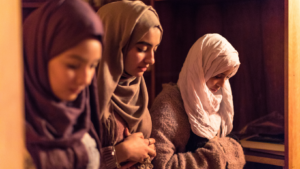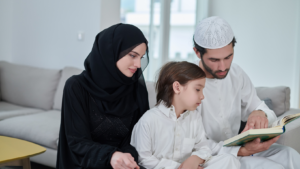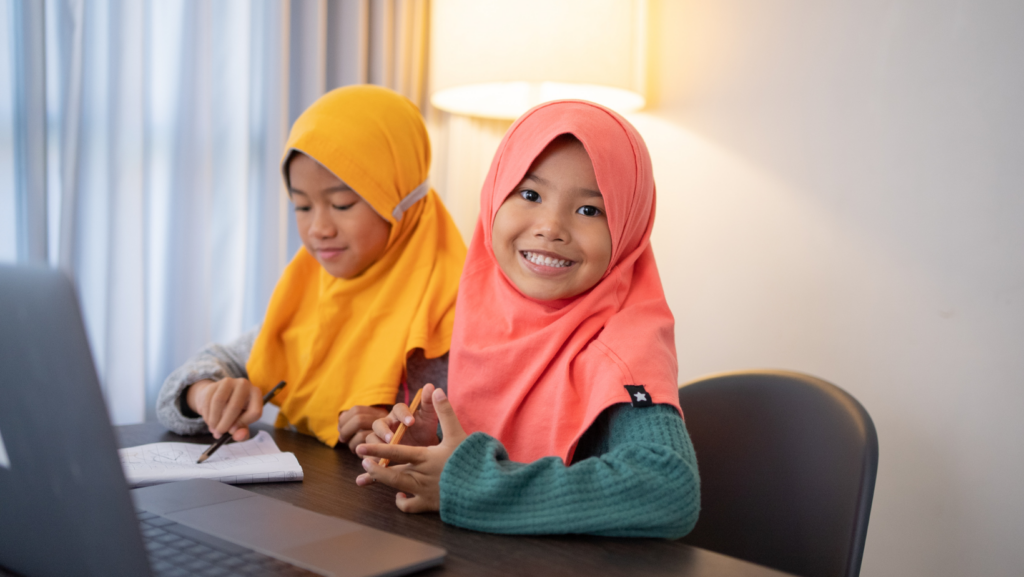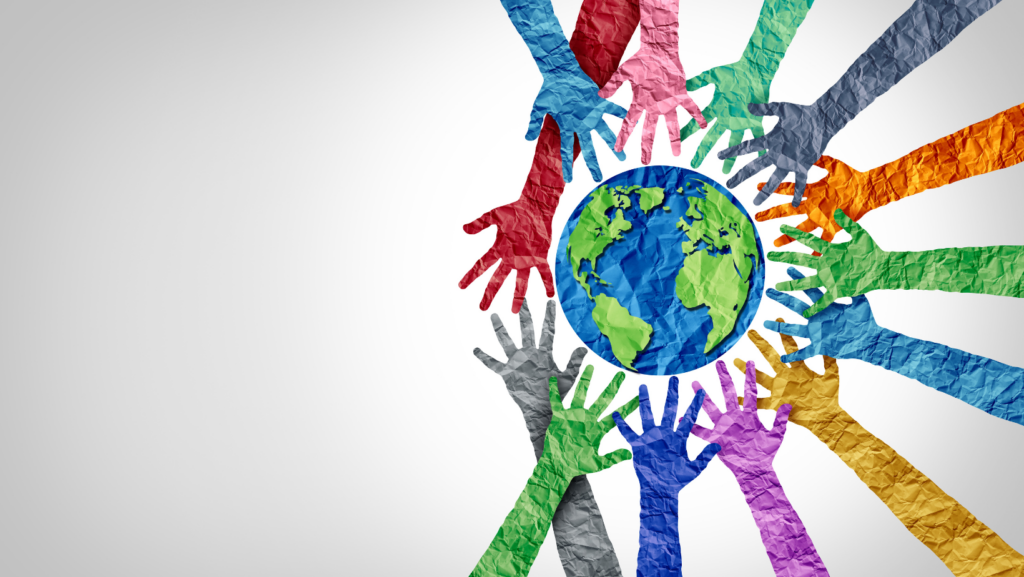In today’s interconnected world, cultural exchange programs offer invaluable experiences that transcend borders. Among these, the role of a Muslim au pair stands out, offering unique insights into the rich tapestry of Islamic culture. As families across the globe seek to embrace diversity, welcoming a Muslim au pair into their homes not only provides childcare support but also fosters a deeper understanding of Muslim traditions and values.
The presence of a Muslim au pair can enrich family life with new perspectives on daily routines, celebrations, and culinary traditions. From observing Ramadan to sharing stories about Islamic history, these cultural exchanges create a platform for mutual learning and respect. For many families, this experience goes beyond mere cultural exposure, nurturing a sense of global citizenship and empathy.
Embracing a cultural insights Muslim au pair opens doors to a world of traditions and practices that might otherwise remain unfamiliar, making it a rewarding journey for both the host family and the au pair.
Cultural Insights Muslim Au Pair

cultural insights Muslim au pairs bring unique cultural perspectives that enrich the households they join. They share their traditions and lifestyle, offering hosts a first-hand look at Islamic customs. This experience enables families to gain insights into daily Islamic practices, such as prayer times, dietary guidelines, and clothing norms.
Communication serves as a pivotal aspect of this exchange. Language barriers often diminish over time, leading to improved mutual understanding. Many hosts discover shared human values, fostering a home environment of inclusion and respect.
Celebrations and traditions become mutual learning opportunities. Muslim au pairs introduce events like Ramadan and Eid, which encourage families to partake in festive customs and understand their significance. In turn, they also experience local traditions, promoting cross-cultural bonding.
Ultimately, the cultural insights Muslim au pair experience extends beyond mere childcare. It fosters global awareness and cultural sensitivity, transforming everyday family settings into enriching cross-cultural learning environments.
Cultural Exchange And Understanding
Cultural exchange fosters understanding between diverse communities. Hosting a Muslim au pair enhances cultural insights and mutual learning.
Bridging Cultural Gaps

Muslim au pairs contribute to bridging cultural gaps by sharing their rich Islamic heritage. They introduce hosts to unique customs by participating in daily religious practices and sharing stories about life in their home countries. Celebrations such as Ramadan and Eid offer host families the chance to partake in these meaningful traditions. This exchange helps dispel myths and fosters a deeper appreciation for cultural diversity, promoting tolerance and acceptance.
Building Cross-Cultural Skills
Engaging with a Muslim au pair develops essential cross-cultural skills. Families learn the importance of effective communication as they navigate differences in language, etiquette, and lifestyle. Exposure to a diverse set of values and beliefs encourages hosts and au pairs to adapt and embrace new perspectives. This interaction nurtures empathy, flexibility, and open-mindedness, equipping everyone with invaluable skills for the globalized world.
Challenges Faced By Muslim Au Pairs
Muslim au pairs encounter unique challenges while participating in cultural exchange programs. Understanding these challenges can create a supportive environment for both host families and au pairs.
Religious Observances
Adhering to religious practices is essential for many Muslim au pairs. Prayer times, occurring five times daily, require a quiet space and may affect scheduling. During Ramadan, fasting from dawn to sunset poses additional challenges like fatigue and dietary needs. Host families can support by understanding these requirements and providing necessary accommodations, fostering better integration.
Communication And Misunderstandings

Language barriers may lead to misunderstandings between Muslim au pairs and host families. Differences in cultural expressions or communication styles can exacerbate these issues. Encouraging open dialogue, using simple language, and being patient helps bridge gaps, promoting mutual respect and understanding. Establishing clear expectations and regular check-ins ensures smoother interactions and learning.
Benefits For Host Families
Welcoming a Muslim au pair offers host families a chance for unique cultural insights and personal growth. This enriching experience brings several advantages, enhancing everyday life within the household.
Exposure To New Traditions
Host families experience a variety of cultural practices by integrating a Muslim au pair into their home. Daily routines like prayer times provide an opportunity to learn about Islamic customs.



